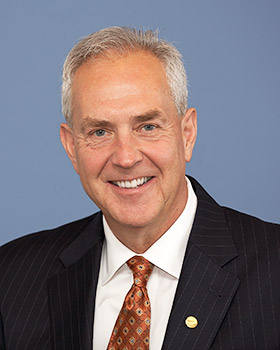
In February, I had another opportunity to visit Flight Safety Foundation’s Basic Aviation Risk Standard (BARS) program office in Melbourne, Australia, and again I came away impressed with what I saw and heard. Like FSF headquarters staff in Alexandria, Virginia, U.S., the Melbourne office, under the leadership of BARS Managing Director David Anderson, accomplishes a lot with the available resources.
For anyone unfamiliar with BARS, it is a standard developed in conjunction with the mining and mineral resources industry to establish a common global aviation safety assessment and audit protocol. Use of the standard has spread to other organizations that use aviation to support their operations, including government and humanitarian aid agencies. According to David, the BARS revision cycle has begun again. So his office, and the BARS Technical Advisory Committee, which comprises representatives of the BARS Member Organizations, are now working to produce Version 6 of the standard, which is expected to be released in the middle of 2016.
The original standard is now one of a suite of standards the Foundation, or more specifically, the BARS program office, has developed for the industry. The others include the Airborne Geophysical Survey Standard, the much-discussed Helicopter Offshore Standard, the Helicopter External Load Operations Standard and, most recently, the BARS Aerial Mustering Standard.
Aerial mustering entails the use of aircraft, often small helicopters like the Robinson R22, flying at less than 500 ft above the ground to locate, direct and concentrate livestock. This technique is used to complement more traditional mustering methods using horses and motorcycles. In case it’s not obvious, operating aircraft to the edges of their performance envelope in low-level flight presents additional risks relative to more standardized aviation practices, so additional safeguards specific to this flight regime are needed to manage this risk. Our new standard provides companies with minimum safety requirements for contracted aerial mustering activities and is designed to encourage a risk-based approach to manage this activity.
As was the case with BARS, the new aerial mustering standard is the result of recognizing a need and developing a program to meet that need. In a nutshell, that is what we do at the Foundation, both in Melbourne and in Alexandria. Working with our Board of Governors, our advisory committees, our experts on staff and safety professionals around the world, we identity aviation safety needs and then we work to meet those needs with audit standards, conferences, tool kits, reports, initiatives— like our ongoing Global Safety Information Project — and the information and resources we provide through AeroSafety World.
As always, I thank you for your support.
